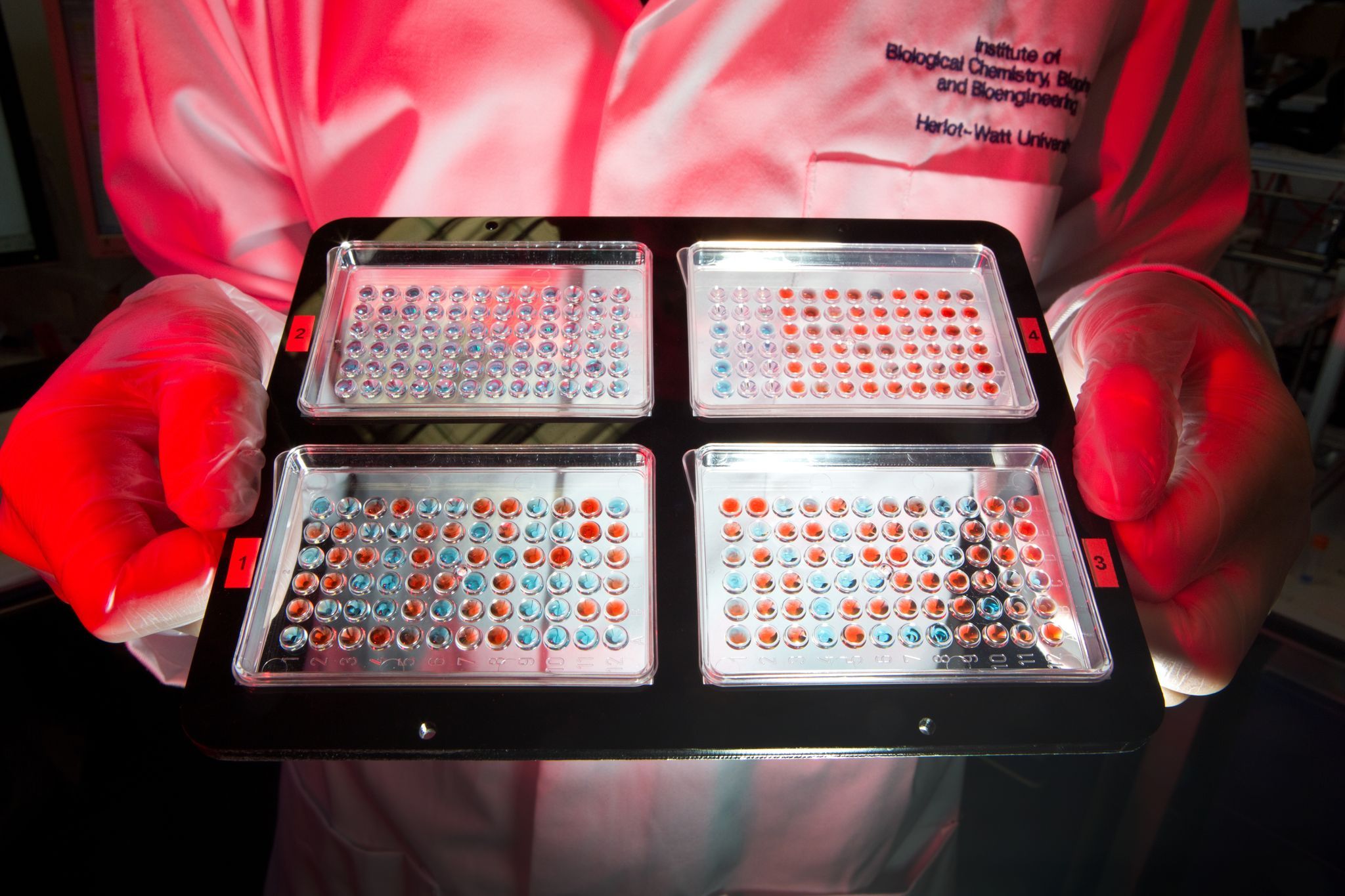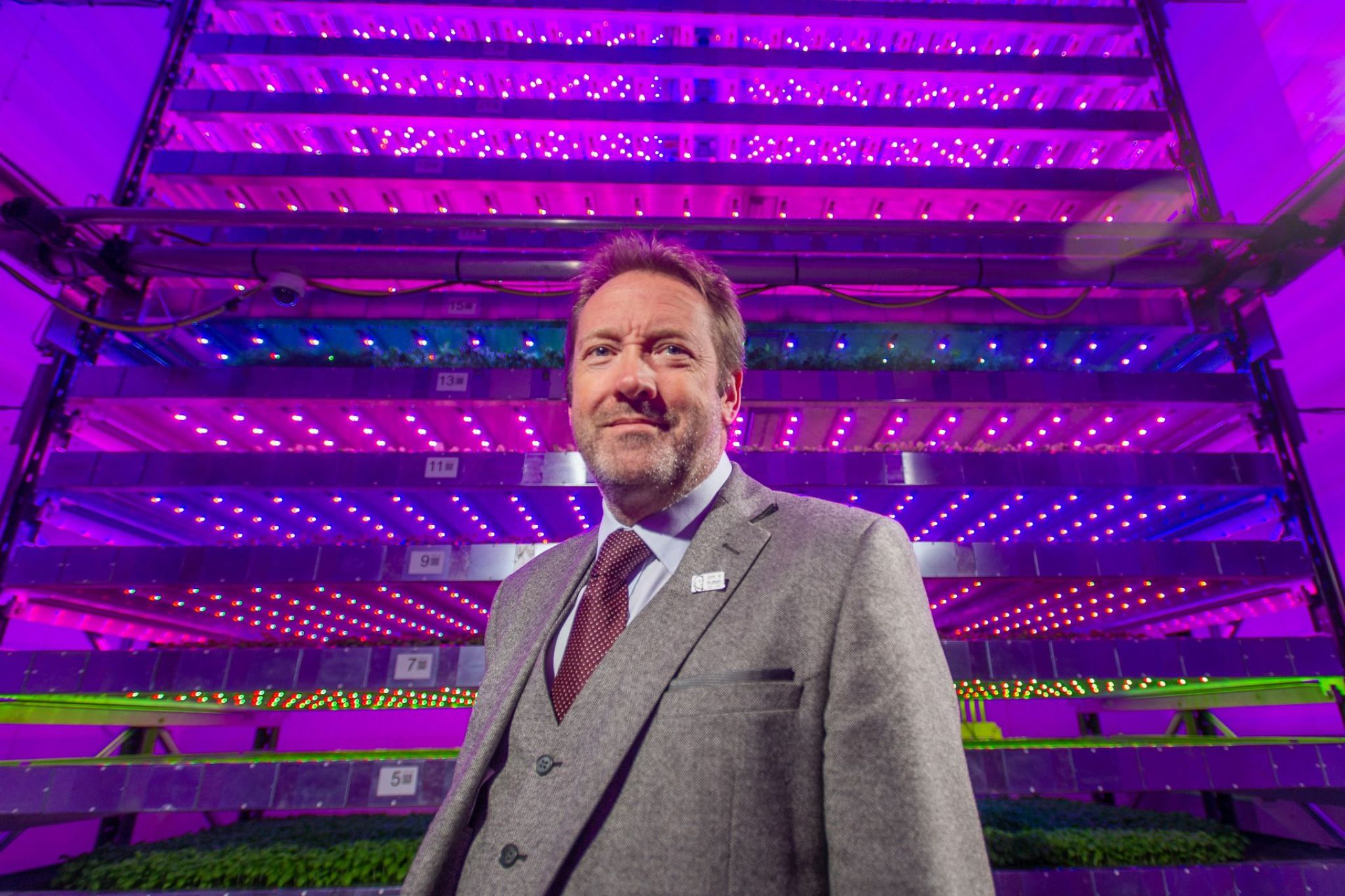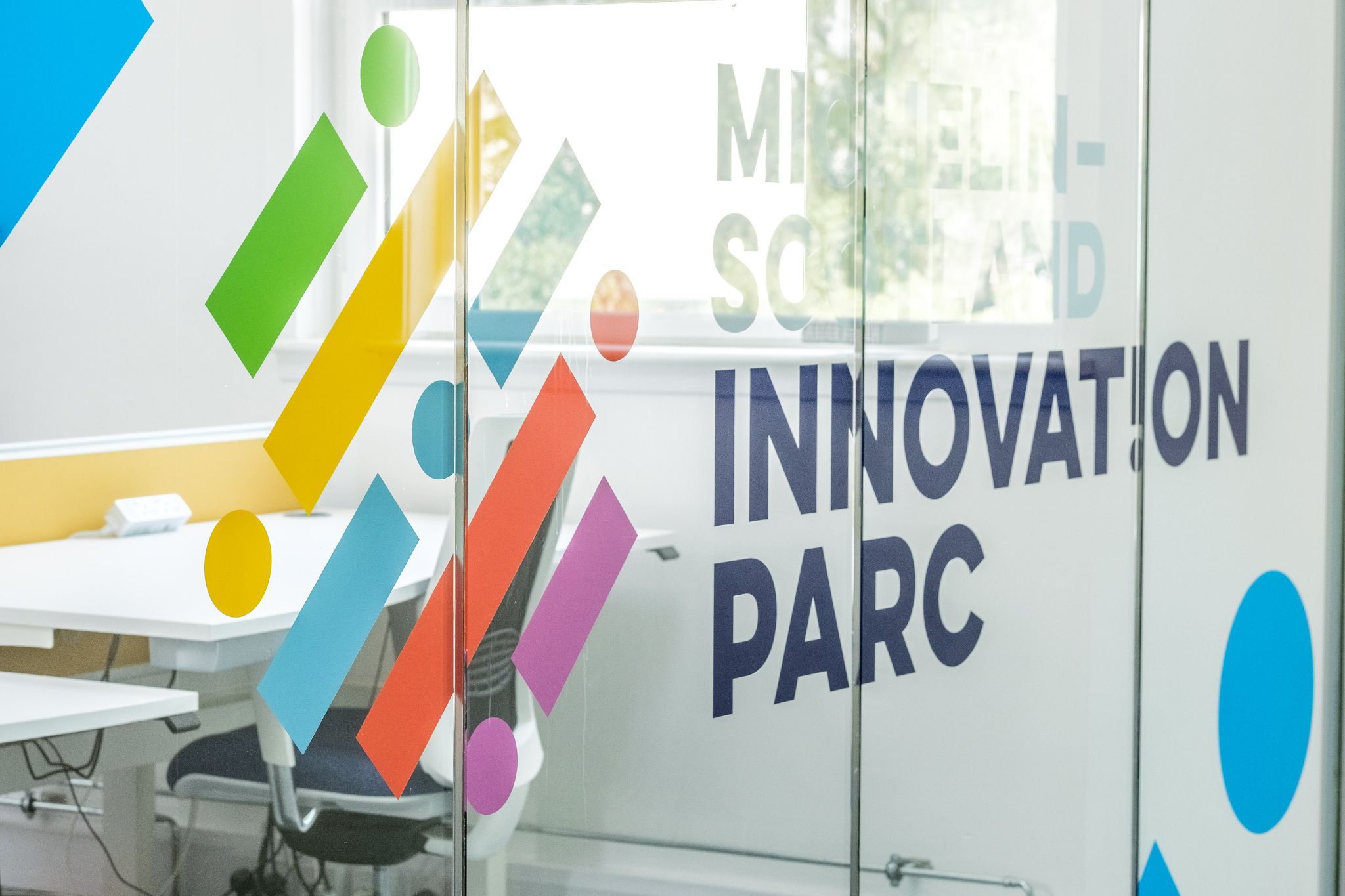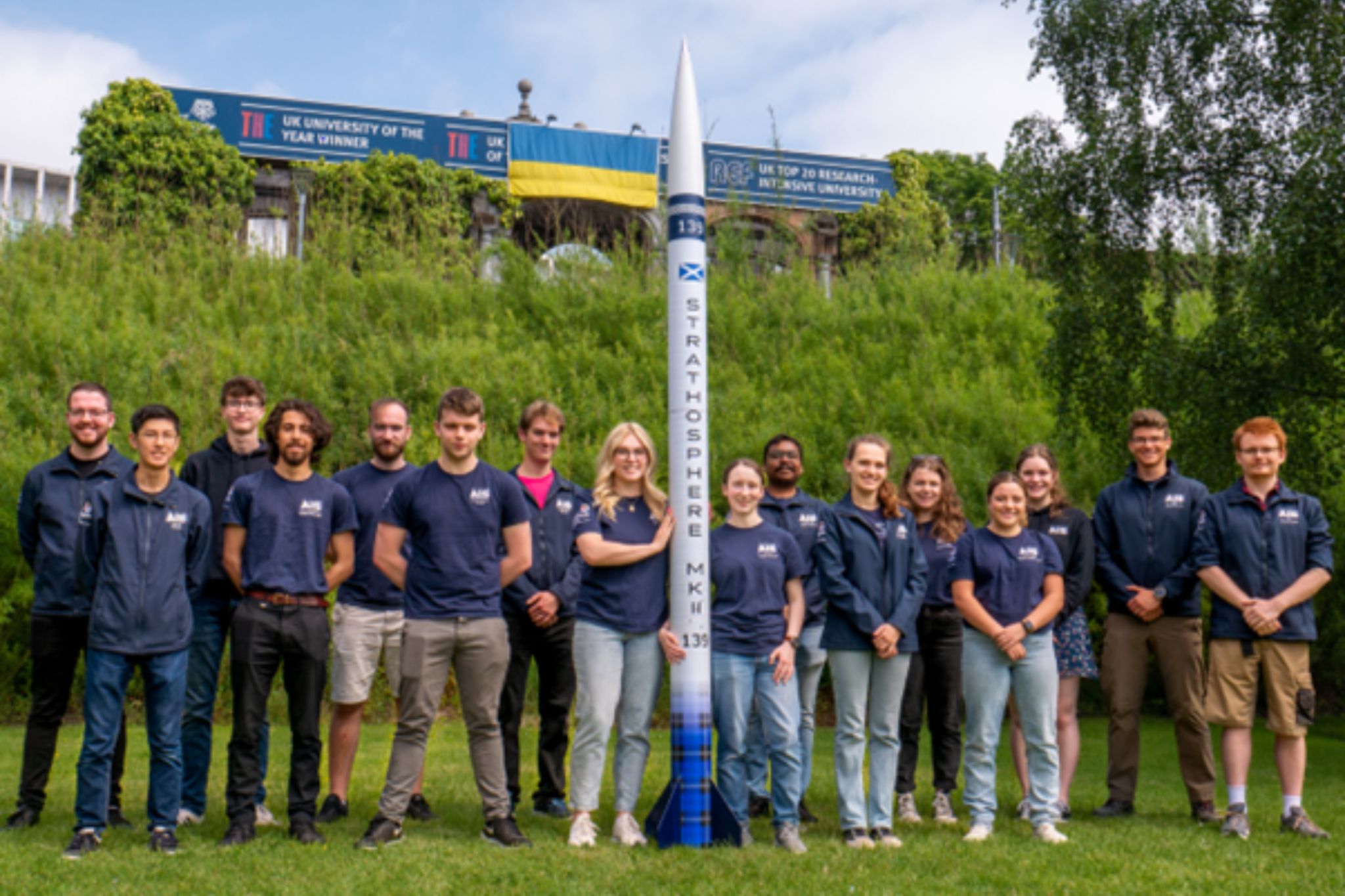The Fleming Centre aims to pave the way for sustained efforts to mitigate the impact of AMR.
The Fleming Centre
Opening in 2028 at St. Mary's Hospital in northwest London, The Fleming Centre will stand at the forefront of the battle against AMR. Through its innovative and collaborative approach, it seeks to raise awareness, drive behaviour change, and develop evidence-based solutions to combat the growing threat of drug-resistant microbes.
By engaging with the public, policymakers and scientific experts, The Fleming Centre aims to pave the way for sustained efforts to mitigate the impact of AMR. The centre is also a key part of Imperial College Healthcare NHS Trust's Paddington Life Sciences development, which aims to create a thriving ecosystem for life sciences research and innovation.
Antimicrobial resistance is one of the most urgent health risks of our time and threatens to undo a century of medical progress.
Tedros Ghebreyesus
Director General of the World Health Organisation (WHO)
The vital role of antibiotics
Before the discovery of penicillin, minor injuries or common infections could prove fatal. However, overuse and misuse of antibiotics have accelerated resistance among bacteria, rendering some infections untreatable. Drug innovation has not kept pace with this evolutionary arms race. Without concerted efforts to develop new solutions, we risk returning to a pre-antibiotic era.
Tedros Ghebreyesus, Director General of the World Health Organization (WHO) , said "Antimicrobial resistance is one of the most urgent health risks of our time and threatens to undo a century of medical progress".
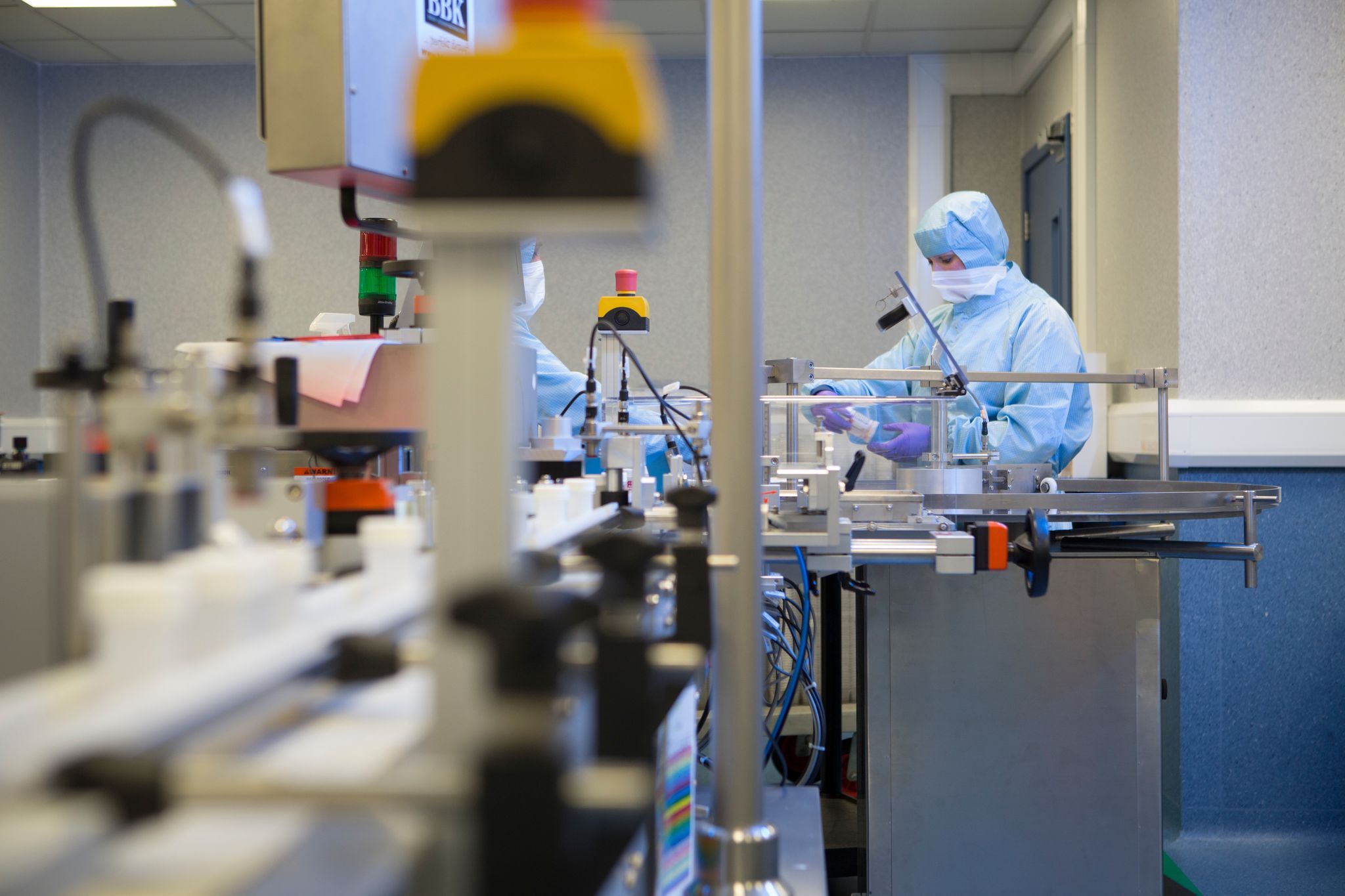
Production Process at Axis Sheild
© Scottish Enterprise / McAteer photograph
Securing the next century of health
The UK government's recent investment in manufacturing, research and The Fleming Centre are prudent steps towards tackling this challenge and will begin this movement for change. The centre's transformative new approach to solving a global issue can be shared and adapted to local contexts.
To ensure that new treatments reach patients, it is important to support the entire process from drug discovery to scaled manufacturing. To provide effective and efficient healthcare solutions to those in need, a multi-faceted approach that addresses appropriate antibiotic prescribing, infection control, public education, and international coordination on resistance will prove most effective.
2028 marks the 100th anniversary of the discovery of penicillin and we should reflect on how far medicine has come thanks to visionary discoveries like Fleming's. This centenary must also spark renewed efforts to sustain antibiotic innovation. With collective commitment, we can future-proof antimicrobial defences for the next 100 years of healthcare.
Scotland's academic prestige in the life sciences sector and diverse member network of international associations makes Scotland a key destination for business events.
Scotland’s life sciences sector
Life sciences account for 87% of delegate days held in Scotland which shows the continuation of the dominance and importance of this sector to business events.
Conferences play a crucial role in fostering conversations and creating opportunities for engagement, which can have a significant impact on research.
Scotland's research is highly regarded globally, with its universities being cited more frequently by researchers worldwide compared to any other country. Additionally, the country's research and innovation centres attract substantial funding, further bolstering the impact of its research endeavours.
Scotland's academic prestige in the life sciences sector and diverse member network of international associations makes Scotland a key destination for business events.
To find out more about The Fleming Initiative and The Fleming Centre visit their website.
